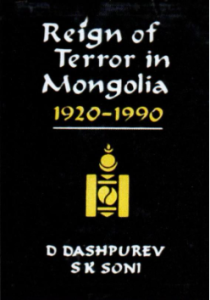
University of International Studies
experience in the implementation of international projects and programs
Since the establishment of the school, by participating in international projects and programs, teachers and students have actively participated and gained practical experience in academic research. International projects and programs include:
- “Social, cultural conditions and population survey for the implementation of the project to improve drinking water supply in the residential areas of Ulaanbaatar” was commissioned by the Asian Development Bank and received funding from the Australian government. Dr./SC.D/,D.Dashpurev was appointed by the school to manage this research and prepare the report in English.
- In the years 1995-1996, under the order of the “International Project for the Introduction of Horseshoes in the Husayn Mountains”, the Institute conducted a “Sociological Survey of Attitudes to Changes in Society and Work” of pastoralist families living in the local environment where the project will be implemented, and wrote a report in English. The implementer of the project successfully received funding from the relevant organization in the Netherlands. A summary of this report can be found in the first edition of the “Philosophy, Sociology, and Political Science” series published by the Institute of International Studies /pages 183-187/.
- The scientists and teachers of the Institute of International Studies, funded by the Asian Development Bank, conducted a socio-sociological study of the environment of the international highway passing through the regions of the two western provinces / Hovd and Bayan-Olgii and its changing trends. “was commissioned by the international team implementing the project and financed by the “Asian Development Bank”. This work report can be found in the third edition of the series “Philosophy, Sociology, and Politics” published by the Institute of International Studies. This study was a large-scale study that covered a wide population of two provinces in the western region of our country and collected and summarized various types of primary data.
The above-mentioned commissioned studies have formed an independent research team in sociology at ISSU and have been a creative activity that has fostered the cooperation of teachers and students. As a result, it has been shown that sociological research can develop intensively in connection with international projects and programs in parallel with research in the field of philosophy and political science. Based on the experience of this cooperation, the school is looking for ways to further strengthen the field of “International Studies”, and this experience has become a significant base for its activities.
In accordance with this goal, the Institute of International Studies, based on these experiences, is starting to implement the “Teaching and Research Project of Korean Studies” funded by the “Korean Studies Academy” of the Republic of Korea from the 2022-2023 academic year. In this project, more than 400 scientific and research organizations and universities from all over the world submitted proposals for the implementation of the project, 200 organizations were accepted, and 20 organizations were selected for funding.
Internationally published works

REIGN OF TERROR IN MONGOLIA (1920-1990)
This book covers the period from 1920 to 1990, i.e.the period of Communist regime in Mongolia. It highlights the real facts which were responsible for putting the whole of Mongolian society in terror and its repercussions over the general masses during the period. This study of Mongolia's immediate past is a subject of importance for the study of Mongolian history and politics. The analysis is based on all original sources which have now come into light during the period of democratization in Mongolia. The work is topical because Mongolia has been changing rapidly since 1990 where multiparty democracy and market economy now exist. India. New Delhi, 1992

Reign of political Terror and Repression in Mongolia 1920-1990 (Third Edition)
The analysis of the book highlights dark sides of Mongolian society and her modernization process in the twentieth century. Many writers criticized the political terror and the repression in Mongolia exercised during the communist times. They, however, could not analyze whole facts as a subject of the time of the extremely sad history. Mongolia maintained her independency, and the Mongolian society comparatively well developed Nowadays we say, "The Mongolian traditional society has modernized successfully". Unfortunately, however, the success or the modernization was absolutely expensive for Mongolia. /Published in the USA. 2014. Printed in Tokyo. In Japanese. 2013/

MONGOLIA: REVOLUTION AND INDEPENDENCE (1911 to 1992)
This book covers the compelling period of contemporary history, from 1911-to 1992. It makes an attempt to analyze the major aspects of the Mongolian Revolutions which occurred in the 20th century. It examines the related problems of Mongolian independence. These aspects have not yet received adequate attention of the scholars on Mongolian affairs. After the political changes in Mongolia since 1990 through which multiparty democracy and market economy have been introduced, new facts and documents have been brought to light for analysis and discussion.The book thus highlights a completely new horizon and approach to understanding the modern Mongolia. India.New Delhi, 1993

A CONCISE HISTORY OF MONGOLIAN PHILOSOPHY
Since we say Italian, Greek, Chinese, Indian or Russian philosophy, we my also say Mongolian philosophy as well. But it would be fair if we support it with some sort of philosophical background and in order to do so we have to answer questions such as: What is it? What are the specific features of Mongolian philosophy?. In order to find out what is this, to know about it or to understand it we should go back and take a look at some of its historical moments. Professor D.Dashpurev analyzed these problems in his book which was published in old Mongolian. That book was published in Inner Mongolia, China, 2015. Also published in Japanese, Tokyo, 2016 and in Russian, USA, 2018.

MONGOLIA: Society, Revolution and Independence (Revised Second Edition)
Mongolian Revivalism means that all possible positive things of the old Mongolian life style should be reintroduced in the modernity of Mongolian society. Why not? Some old traditional tools and instruments are so useful to utilize in modern social life. In our opinion the nomadic society still has its validity. Valuable dimensions of nomadic life style would be blended with modern technology. The main arising obstacle is "How to blend traditional nomadic society with modern western life style without contradiction?" Published in the USA.

STEPS OF MODERNIZATION OF MONGOLIAN SOCIETY
In this book the author analyzed whole process of modernization in Mongolian society. Generally this process was realized under the force of States of Soviet Union and Mongolian bolshevic communist revolutionary governments. Because there were happened very strong political, ideological terrorism and cultural destroy over Mongolian historical tradition. During the modernization process in Mongolian society very strongly realized russification in social and cultural life of Mongolian people and too strong destroyed traditional culture. Published in USA. 2018

THE MONGOLIAN MIND Essentails of mongolian philosophy and culture
The Author of this book analysis the specific and unique characteristics of the Mongolian mind, of the Mongolian cultural, historical and philosophical specific traditions. The complex of diverse and largely incompartible philosophical perspectives brought into Mongolia from India, Tibet and China. Library of Congress Cataloging-in-Publication Data. Published in the United States of America 2019.
